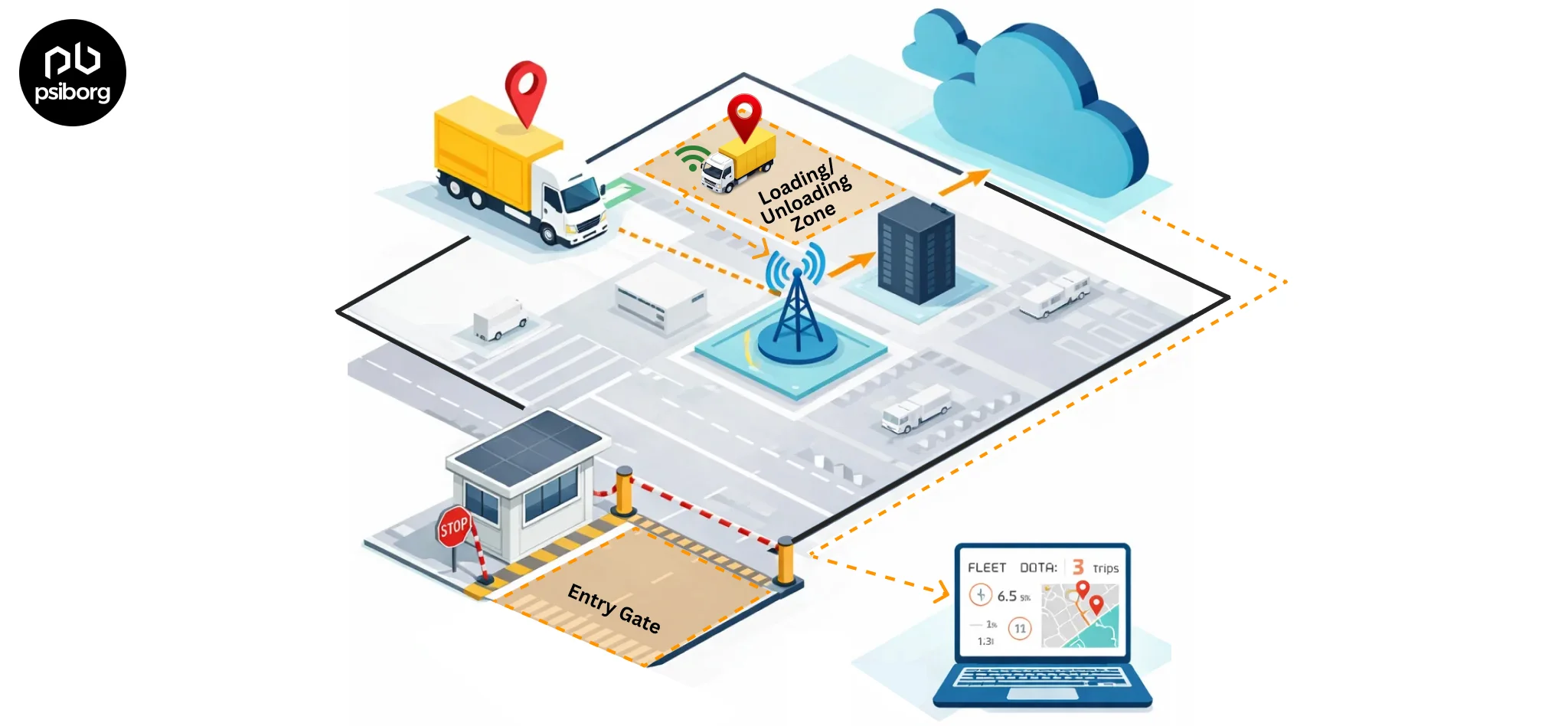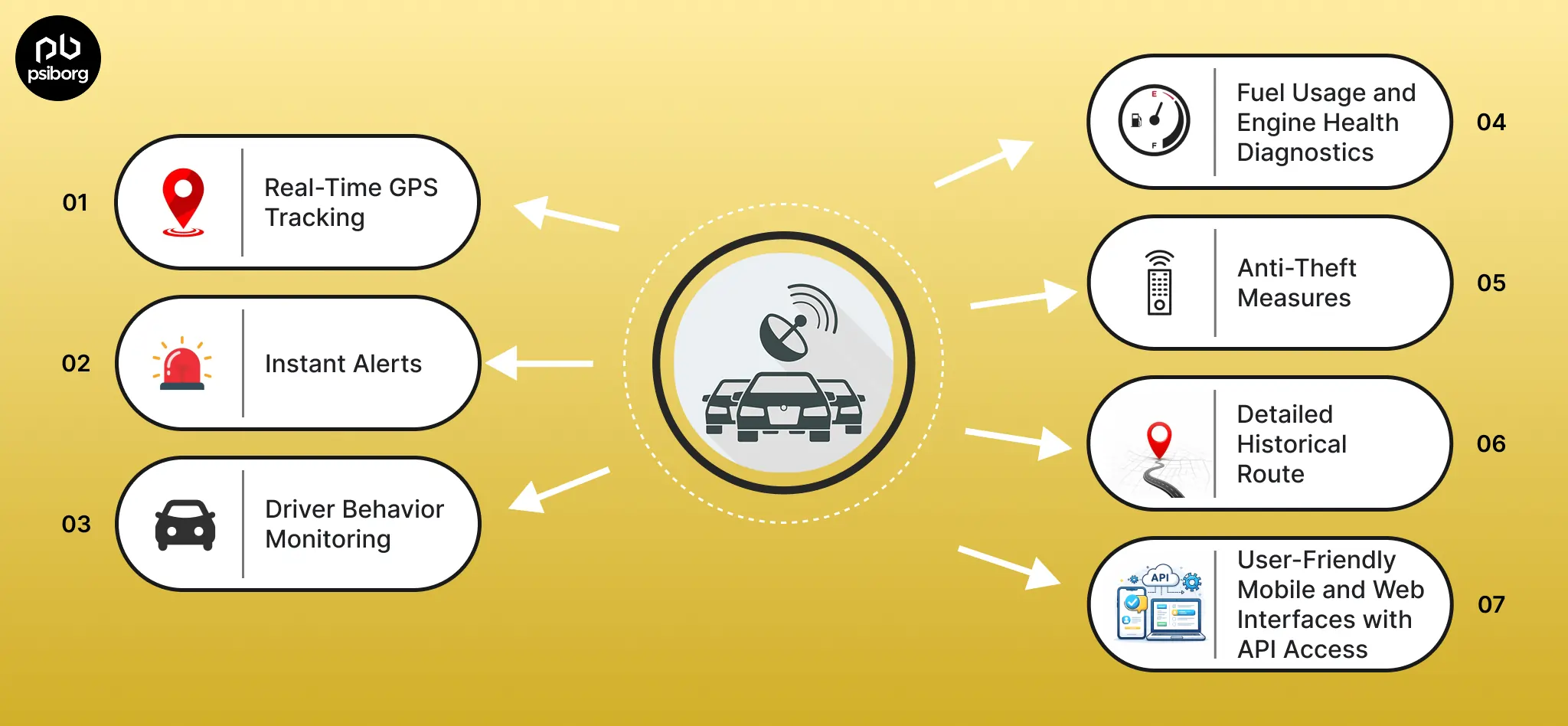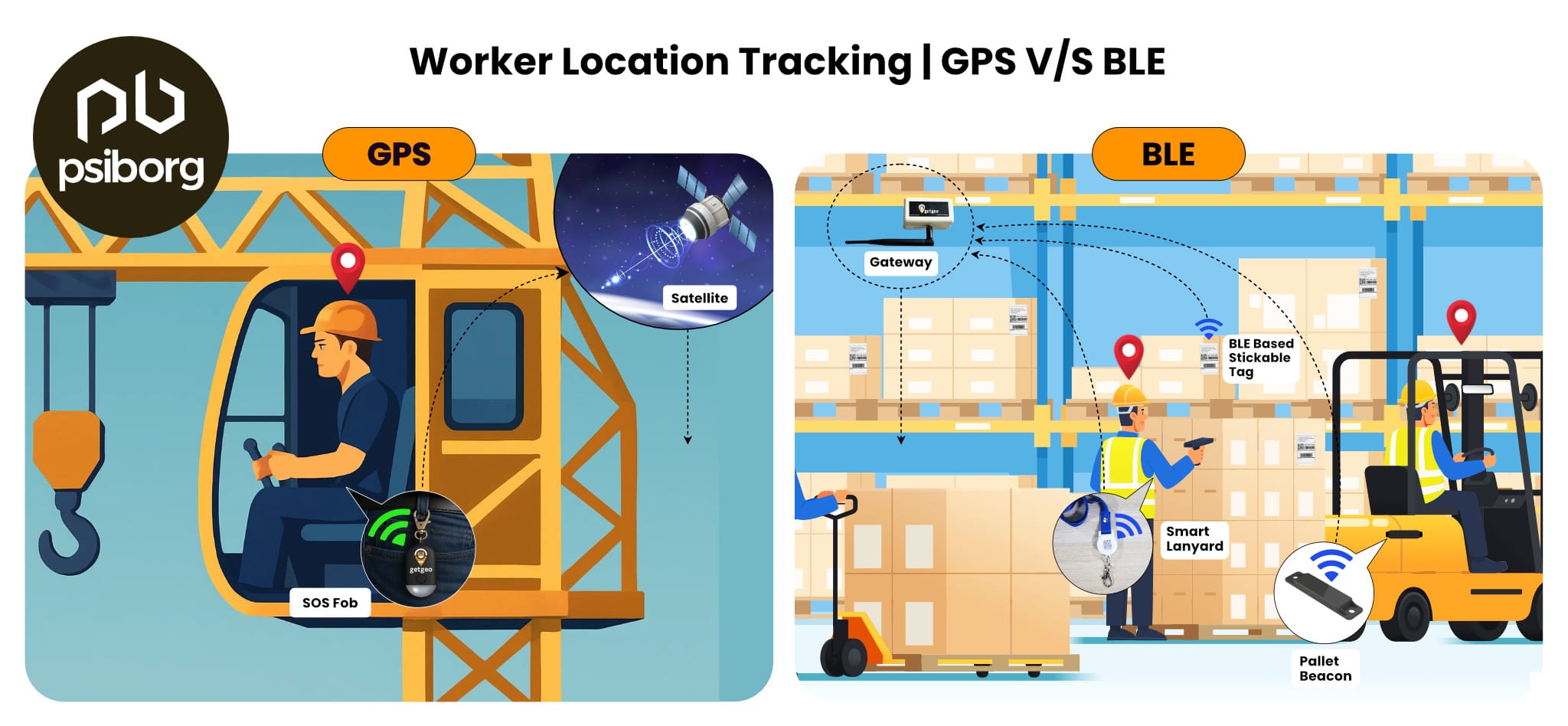With the increasing craze for electric vehicles, many electric charging station business have also emerged.
Because for electric vehicles to run properly on the roads, they require a proper infrastructure for support. By infrastructure we mean electric charging stations and swapping stations.
No doubt, with the global awareness of green mobility and sustainability, electric vehicles (EVs) have seen a massive surge in demand.
However, many ground realities are still a hindrance in the path to the easier acceptance of EVs in countries like India.
This blog aims to explain how electric vehicle charging businesses, charging infrastructures, and EVs can benefit from the Internet of Things.
At the end of this blog, you will be convinced to invest in IoT based EV charging stations to make money from them.
Understanding the Current EV Charging Landscape
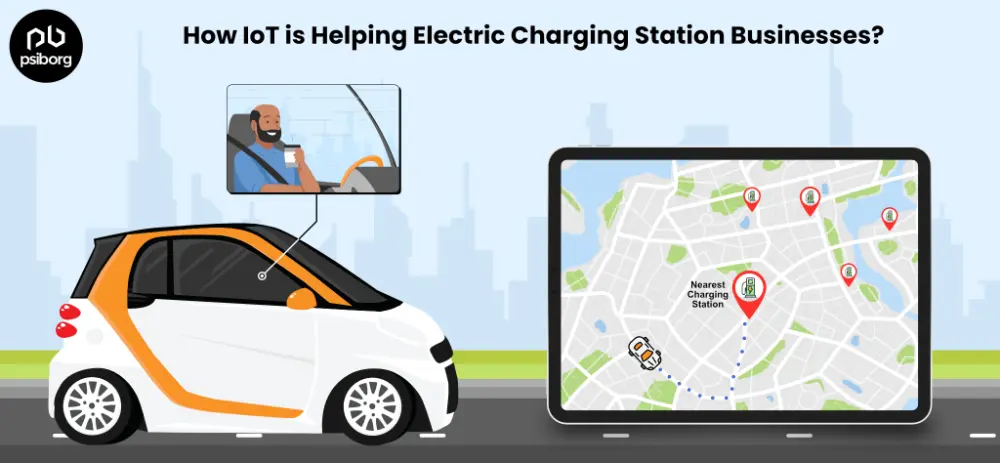
The EV charging landscape is on the path of evolving due to the increased adoption of electric vehicles, that one step towards sustainable transportation.
There are three types of charging infrastructures-
- Residential charging
- Workplace charging
- Public charging.
Each of these charging infrastructures is meant to serve distinct needs but also faces unique challenges.
For instance- residential charging involves level 1 and level 2 chargers. It is limited to residential parking spaces with electrical access, especially in urban settings and for renters.
The public charging network includes fast chargers (Level 3) and standard chargers at various public locations like malls, highways, and parking lots. However, these public chargers are often unevenly distributed, with higher concentrations in urban areas and along major routes, leaving rural areas underserved.
Additionally, employers are increasingly installing charging stations at the workplace to attract and retain environmentally conscious employees.
Challenges Faced by Current Charging Infrastructures
No matter how acceptable we have become towards electric vehicles, EVs need the support of a charging infrastructure to actually be on roads.
However, current electric charging station businesses and electric vehicle charging infrastructures face many challenges that need to be addressed. Some of the challenges are:
- The current charging infrastructure is incompetent to meet the growing demand. The development is hindered because of high cost and grid capacity issues.
- Varied types of connectors, charging speeds, and payment systems create a disorganized ecosystem that can frustrate users. The EV ecosystem needs standardized equipment and OCPP (open charge point protocol) to achieve universal compatibility.
- The increasing number of EVs puts pressure on the electric grid, especially during peak charging times. There’s a need for smart grid solutions and energy storage systems to manage load effectively and ensure stability.
- Reliability and accessibility of charging stations are critical. Issues like broken chargers, long waiting times, and lack of real-time availability data can deter potential EV buyers.
Electric Charging Station Business need IoT to be Successful.
In present times, IoT is the only technology that can address these challenges.
- Applying IoT to electric vehicle charging stations makes them much more adaptable to the given circumstances. IoT offers easy management of charging devices.
- With connected IoT solutions, an electric charging station business can collect and analyze all the data in one place. This provides significant support in the charging station maintenance and monitoring process.
- The IoT dashboard shows all the geographically dispersed EV charging stations and detects the closest EV charging station with charging equipment availability for a driver. For instance, if the nearest charging station has a long queue, then the system will suggest another charging station nearby and navigate the driver there.
Now that the above-mentioned points have made you connect the dots around IoT and EV charging stations, let’s take a deeper glance over the entire IoT-based charging stations landscape.
IoT-Based Electric Vehicle Charging Stations
IoT is helping to do all the groundwork to make electric vehicles a success. It is revolutionizing EV charging infrastructure by transforming charging/swapping stations into smart and connected systems.
To be more precise, there are three major elements in an IoT based electric vehicle charging station viz-
- EV charging equipment
- Mobile apps
- Charging station management platform
Here’s how the entire system works through these three key elements.
1. Electric Vehicle Charging Equipment (EVSE)
It’s hardware that pumps electricity into electric vehicles. The EVSE is equipped with sensors and connectivity options. These sensors monitor real-time data such as grid limit, energy tariff, power output, cable status, and temperature. Plus, the connectivity allows the EVSE to communicate with the charging management platform.
2. Mobile App
A user-friendly mobile app is included in the system to connect the drivers to the charging network. Through the app, the drivers can locate nearby charging stations, check their availability, and estimate charging times. The app also facilitates user authorization and payment for charging sessions.
3. Charging Station Management Platform
We can say that the charging management platform is the brain of the entire infrastructure. It’s a cloud-based platform that receives data from all the connected elements.
The platform analyses the data from EVSEs (like energy usage, faults, and more) to optimize charging, predict maintenance needs, and identify potential issues.
The management platform also interacts with the app to provide real-time charging station information and availability status updates to drivers.
So, to explain the entire process, when:
- EV drivers use the app to find stations, book charging slots, and initiate charging.
- The EVSE transmits data to the platform, keeping it informed about its status.
- The platform communicates with both – sending charging instructions to the EVSE and updates to the app.
The Benefits of IoT for an Electric Charging Station Business
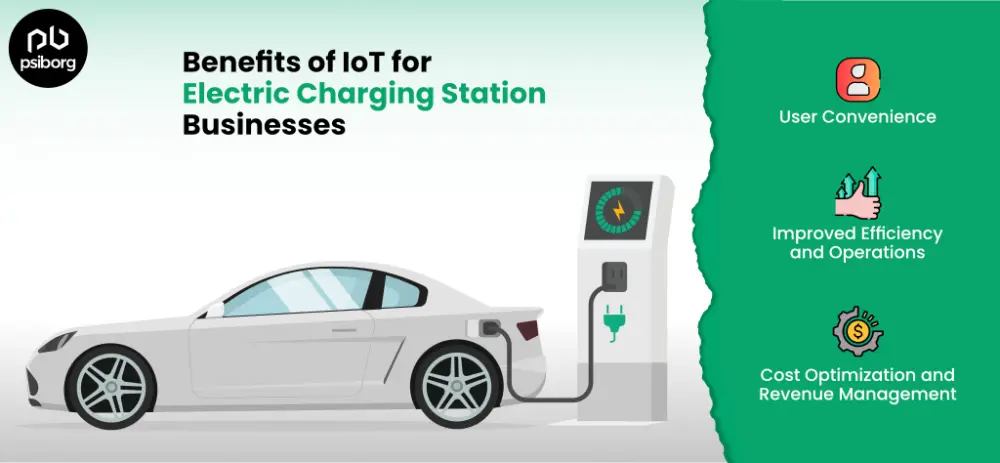
Here are some of the use cases of an IoT-based EV charging system:
1. User Convenience
Imagine being low on battery and using a mobile app to find the nearest charging station along your route. The app can show you real-time information on whether the station is available or in use.
The IoT-based system allows you to reserve a charging slot in advance through the mobile app.
2. Improved Efficiency and Operations
The smart IoT solution distributes the available power among multiple charging EVs intelligently, optimizing overall efficiency and preventing grid overload. Also, by analyzing sensor data from the charging stations, the system can predict potential maintenance issues and schedule preventive actions, avoiding downtime.
3. Cost Optimization and Revenue Management
The system can implement dynamic pricing based on factors like time of day, demand, and energy costs. This can incentivize off-peak charging and optimize revenue for station operators. In addition, the system can generate valuable data on charging patterns, station usage, and energy consumption. This data can be used to optimize station placement, improve service offerings, and make data-driven business decisions.
How PsiBorg Technologies Can Help You Start Your Electric Charging Station Business?
To keep pace with the increasing demand, EV charging station businesses must expand their operations and work to ensure consistent, uninterrupted service for the many new electric vehicles on the road.
For that, we made it quite obvious how IoT is a technology that will make EV businesses stand tall in the industry.
PsiBorg Technologies is an IoT product development service providing the company with experience in developing innovative IoT solutions for the EV industry.
PsiBorg can provide a smart EV charging management system with a centralized management platform with features like station status monitoring, energy usage analysis, station locator, charging session monitoring, and much more.
Partnering with PsiBorg Technologies can help you enter the EV business market with a competitive edge.
FAQs
Smart charging infrastructure for electric vehicles (EVs) means a network of chargers integrated with IoT technology that optimizes energy use, manages charging times, and communicates with the grid.
The benefit of a smart IoT-enabled EV charging station includes remote monitoring and control, optimized energy use, predictive maintenance, and better user experience. It reduces operational costs and provides real-time data for better decision-making and energy management.
Some of the applications of IoT in EVs are:
- Smart Charging
- Real-time Vehicle Tracking
- Predictive Maintenance..and more.
Electric vehicle charging infrastructure in the future will include fast-charging networks, wireless charging, integration with renewable energy sources, smart grid compatibility, and enhanced IoT capabilities. By improving convenience, reducing charging times, supporting grid stability, and promoting sustainable energy use, these advancements aim to enhance grid stability.



